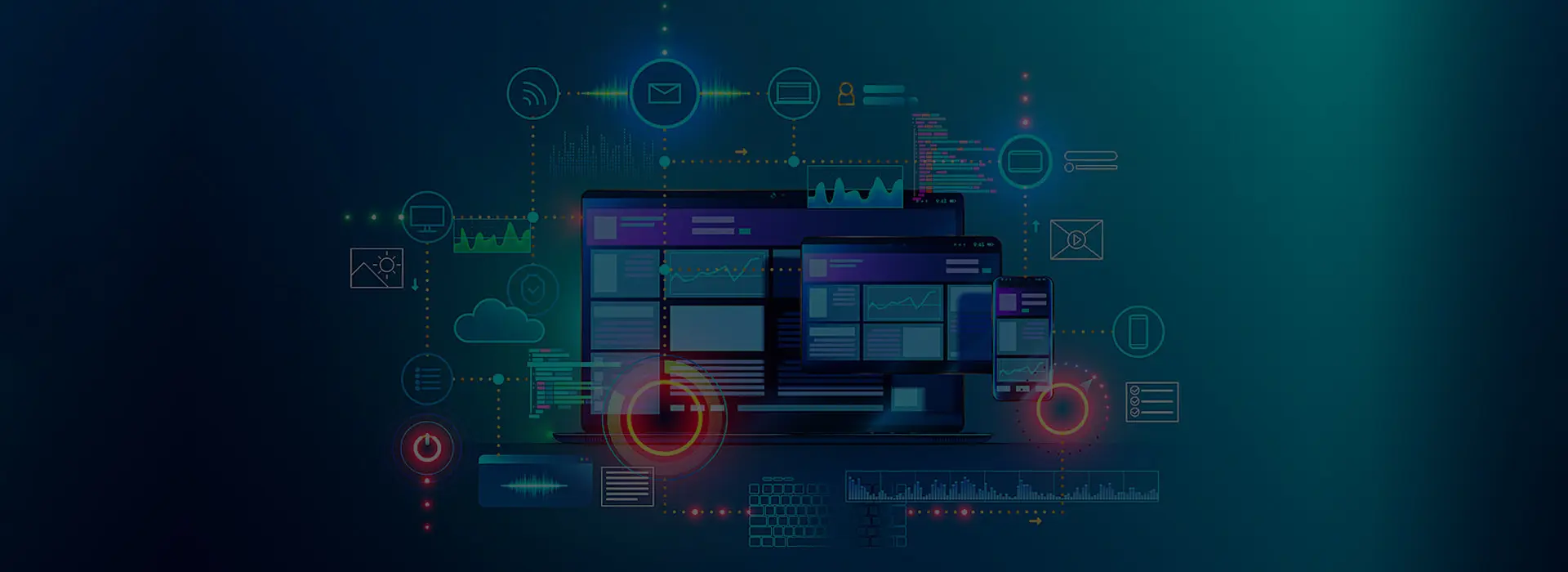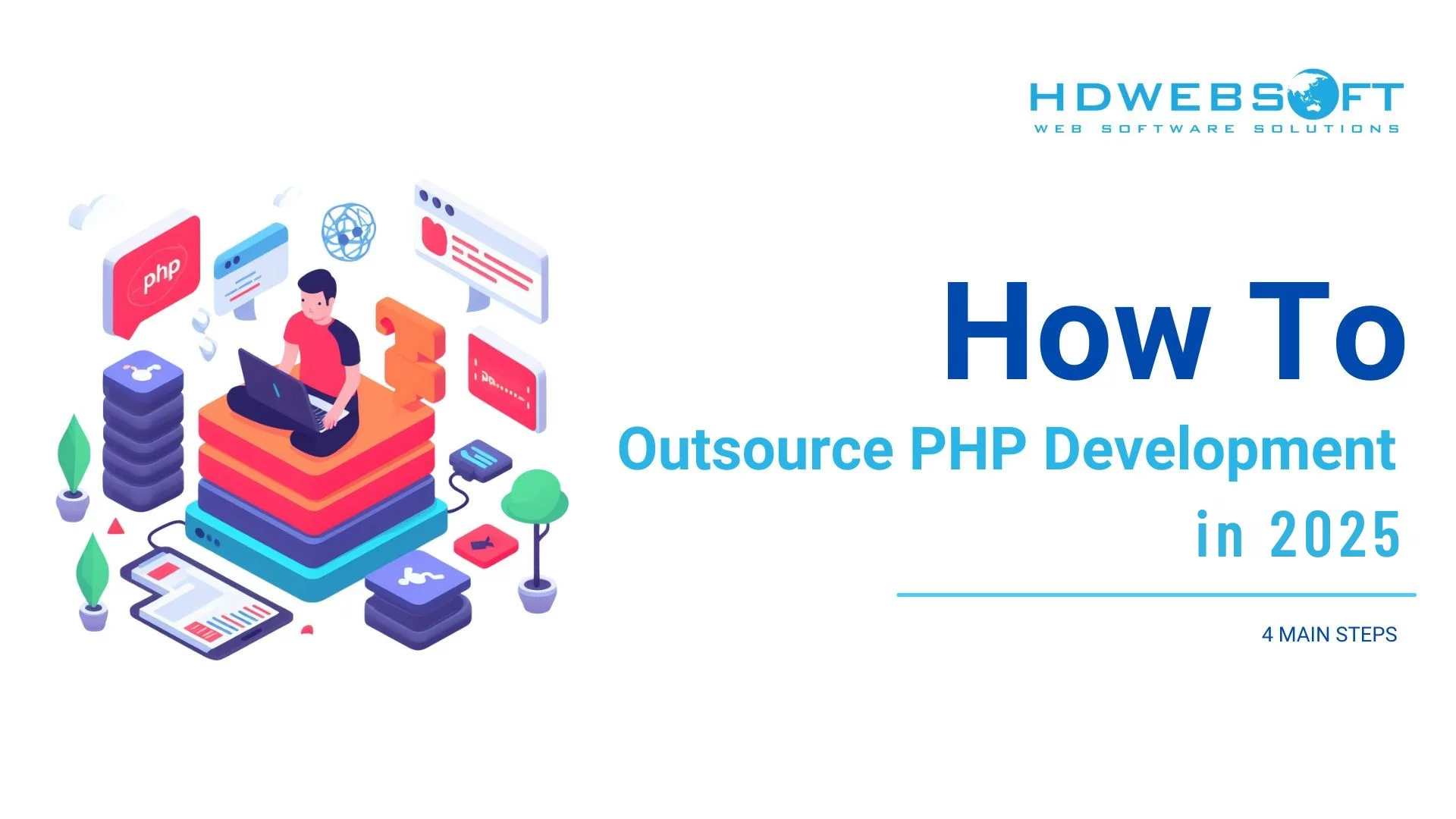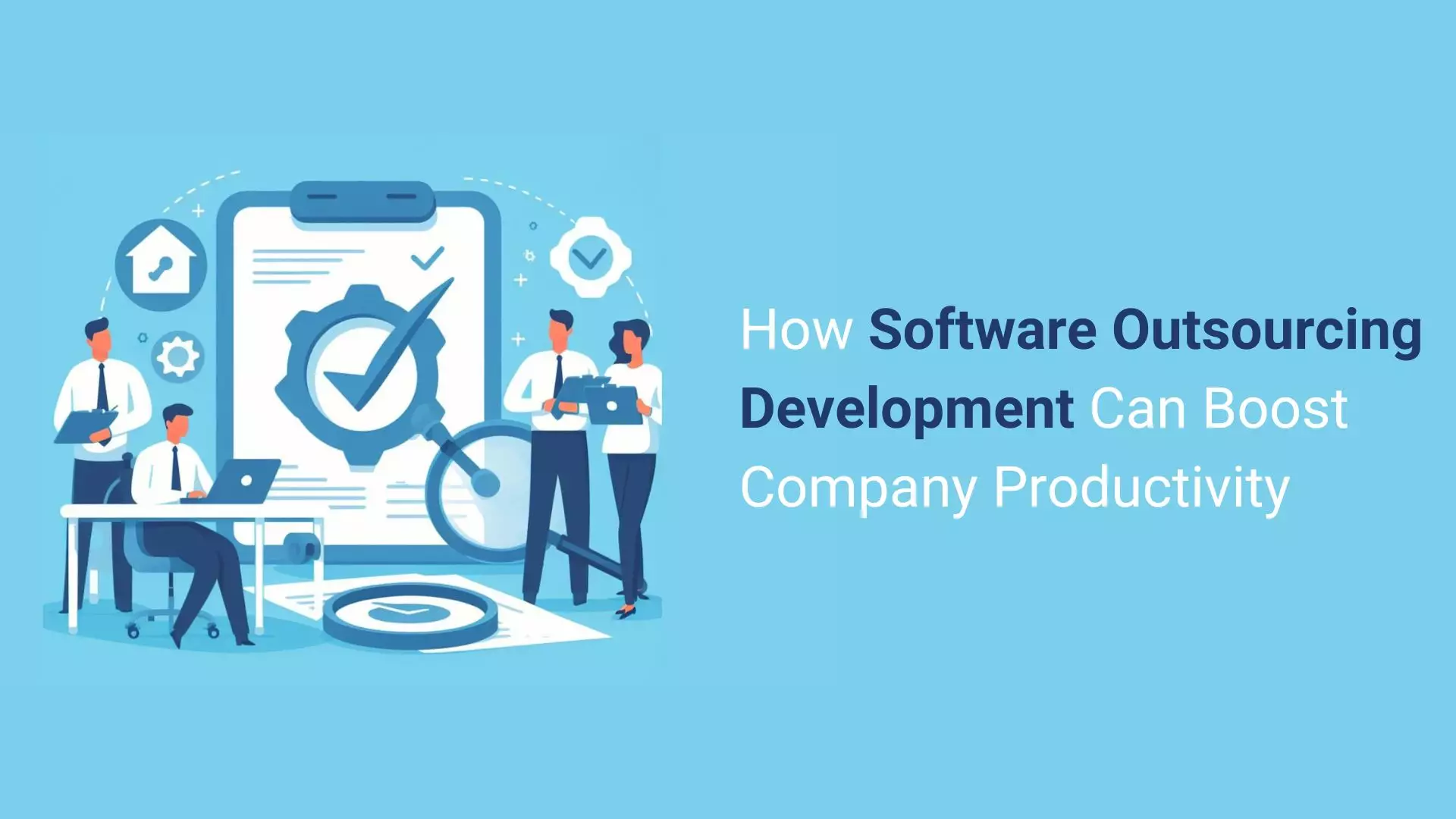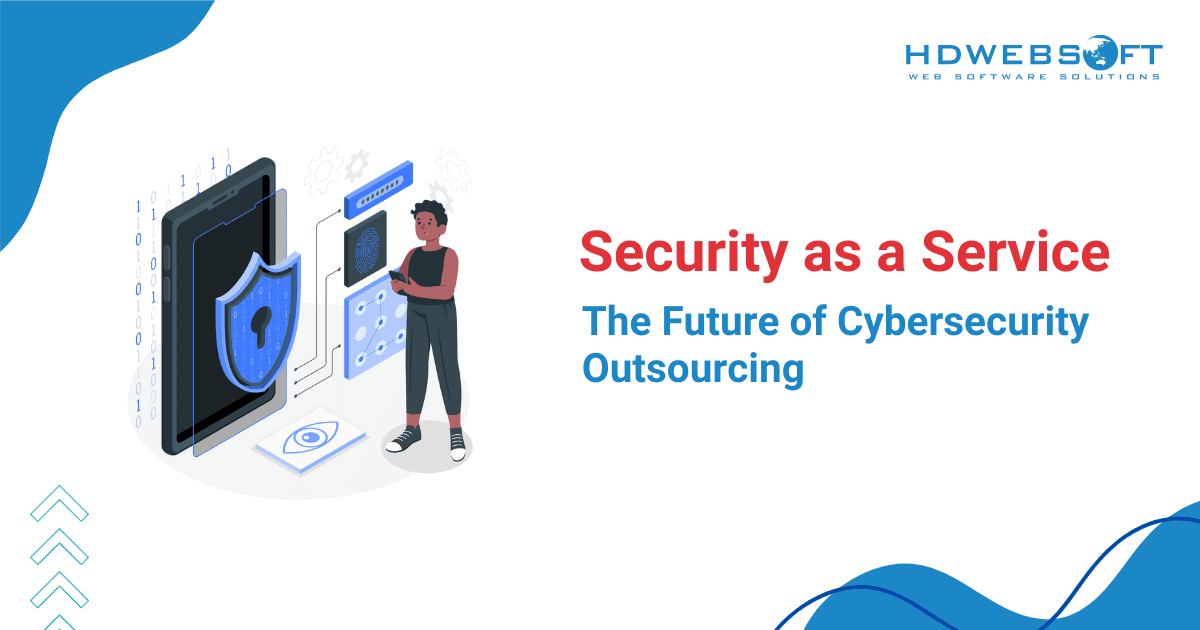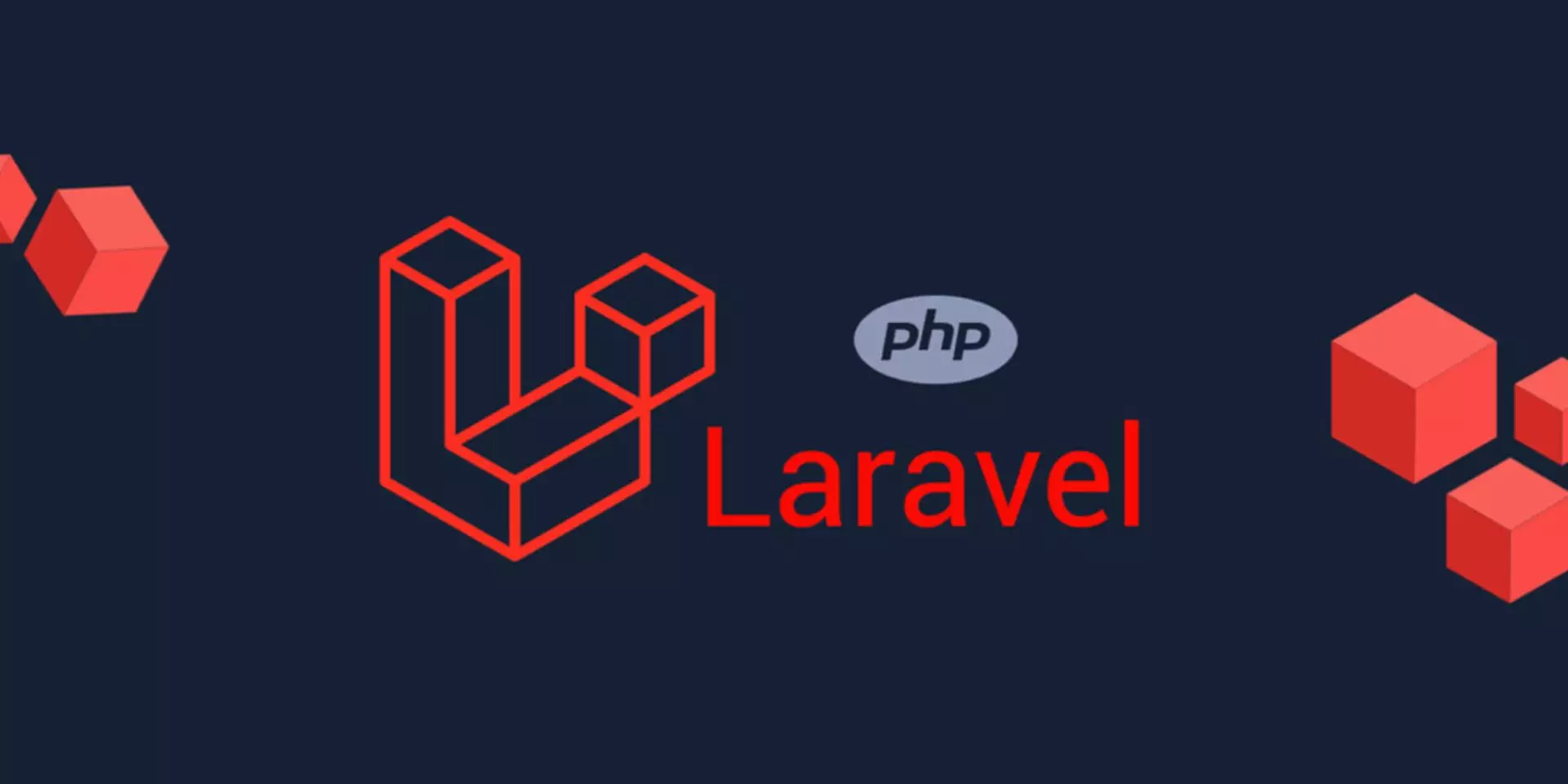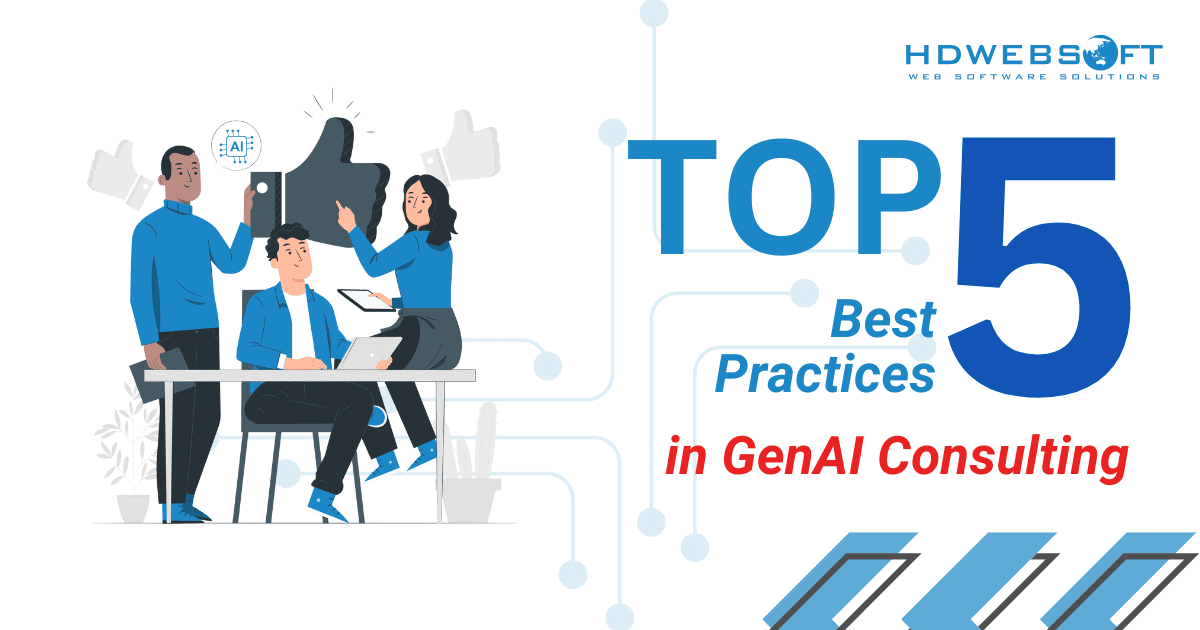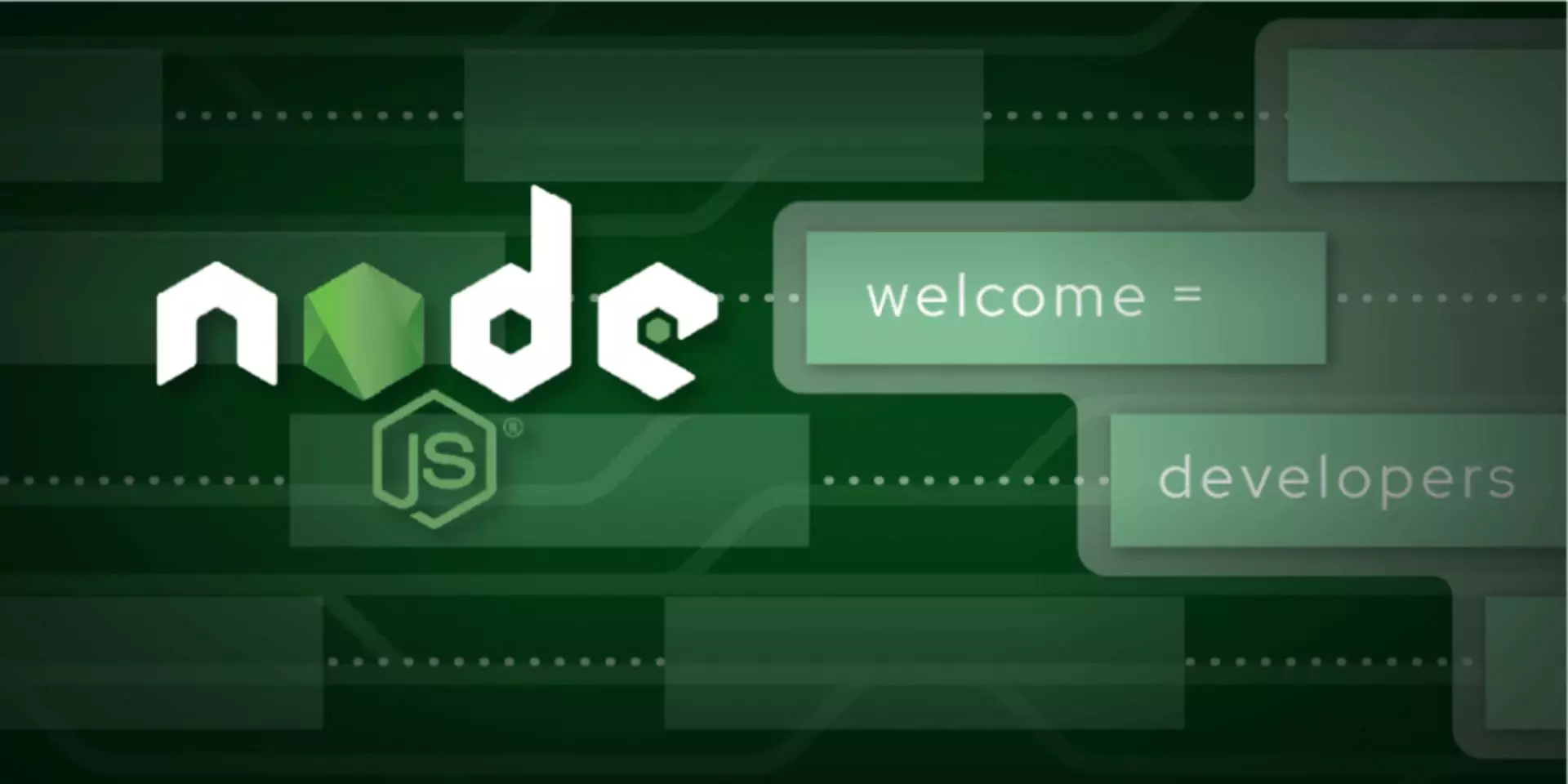
Trends of Technology in Medical Software Development
The healthcare industry is undergoing a profound transformation, primarily driven by integrating cutting-edge technologies. These are reshaping the way healthcare services are delivered; according to that, medical centers can apply medical software development to help improve patient care, reduce costs, and enhance the overall efficiency of healthcare systems. This academic discussion will delve into the latest developments in AI, ML, Blockchain, and Telehealth and their impact on healthcare delivery.
The Transformation of Healthcare Delivery through Emerging Technologies
Telehealth and Telemedicine:
The COVID-19 pandemic allows patients to connect with healthcare providers remotely through video conferencing or other digital platforms. This trend, far from being a temporary measure, is poised to reshape healthcare delivery due to its numerous advantages. Telehealth enables patients to receive care from the comfort of their homes and eliminates the need for travel and long wait times in clinics. Moreover, it has proven to be particularly beneficial for individuals in remote areas or with limited mobility, ensuring they have access to quality care regardless of their geographical location.
-
- Virtual Consultations: Telehealth platforms enable remote consultations between patients and healthcare providers, improving access to care and digital patient engagement, especially in rural or underserved areas.
- Remote Monitoring: Telemedicine solutions include remote patient monitoring devices that transmit real-time health data to healthcare providers, allowing for early intervention and reduced hospital admissions.
- EHR Integration: Telehealth systems integrate seamlessly with Electronic Health Records (EHRs), ensuring continuity of care and enabling healthcare professionals to access patient information during virtual consultations.
Artificial Intelligence (AI) and Machine Learning (ML):
AI is being used in a variety of ways to improve healthcare delivery, from automating tasks and analyzing medical data to developing personalized treatment plans and identifying potential health risks.
-
- Clinical Decision Support: AI and ML algorithms analyze vast amounts of medical data to provide healthcare professionals with valuable insights for diagnosis and treatment decisions. These technologies in medical software development assist in early disease detection, personalized treatment plans, and improved patient outcomes.
- Medical Imaging and Diagnosis: AI-powered image recognition systems enhance the accuracy of medical imaging, such as MRI and CT scans, by quickly identifying anomalies and assisting radiologists in their diagnoses.
- Predictive Analytics: AI and ML algorithms predict disease outbreaks, patient readmissions, and healthcare resource utilization, enabling healthcare organizations to allocate resources more efficiently.
Blockchain Technology:
Blockchain technology is rapidly making its way into various industries, and healthcare is no exception. Its core characteristics of decentralization, immutability, and transparency make it a promising tool for addressing some of the long-standing challenges faced in healthcare data management and exchange. Blockchain technology provides a secure, transparent, and efficient way to manage and share patient data.
-
- Secure Data Exchange: Blockchain ensures secure, transparent, and tamper-proof data sharing among healthcare providers. It safeguards patient records, simplifies interoperability, and reduces data breaches.
- Supply Chain Management: Blockchain can be used to trace the authenticity and provenance of pharmaceuticals and medical devices, reducing the risk of counterfeit products entering the supply chain.
- Clinical Trials and Research: Blockchain technology facilitates the tracking and sharing of research data while maintaining healthcare security, data integrity, and confidentiality. This accelerates the development of new treatments and therapies.
Learn more about data protection in healthcare: HIPAA Compliance Software & Best Practices for Security in Healthcare
Challenges and Considerations:
-
- Privacy and Security: The use of AI, ML, and Blockchain raises concerns about health data management, as well as patient data privacy and security. Healthcare organizations must implement robust cybersecurity measures and adhere to regulatory standards like HIPAA Compliance Software and GDPR.
- Data Quality and Bias: Ensuring the accuracy and fairness of AI and ML algorithms is essential to avoid biases and misdiagnoses based on demographic or racial factors while implementing medical software development in your healthcare system.
- Regulatory Compliance: Healthcare technologies must comply with evolving regulatory frameworks, requiring continuous monitoring and adaptation to changes in healthcare laws.
Learn more about Ways of Risk Reduction: Outsourcing Benefits
Why do you need to apply medical software development in your organization?
In today’s rapidly evolving healthcare landscape, technology integration is no longer optional but an essential component of efficient and effective healthcare service delivery. Medical software development has emerged as a critical tool that organizations must adopt to meet the complex demands of the modern healthcare environment.
Enhancing Patient Care and Experience
Medical software development enables the creation of patient-centric solutions. Electronic Health Records (EHRs), telemedicine platforms, and patient portals improve communication, accessibility, and the overall experience for patients. Real-time access to medical records and virtual consultations provide patients with more convenient and immediate access to healthcare services.
Streamlining Administrative Processes
Healthcare organizations are often burdened with extensive administrative tasks, such as appointment scheduling, billing, and claims processing. Healthcare software solutions automate and streamline these processes, reducing administrative overhead and allowing staff to focus more on patient care.
Data Management and Analysis
Modern healthcare generates vast amounts of data. Medical software development facilitates efficient data collection, storage, and analysis. This, in turn, empowers healthcare providers to make data-driven decisions, improve treatment plans, and identify trends for better patient outcomes.
Explore further about types of Healthcare Software Development: What is Healthcare software development
Cost Efficiency
Implementing healthcare software solutions can lead to significant cost savings. By automating tasks and reducing paperwork, organizations can cut operational expenses. Additionally, predictive analytics and resource allocation tools optimize the allocation of resources, reducing unnecessary costs.
Enhanced Communication and Collaboration
Healthcare software solutions enable seamless communication and collaboration among healthcare professionals. Physicians, nurses, and specialists can access patient records, share information, and consult remotely, leading to improved care coordination and more efficient decision-making.
Improved Accuracy and Reduced Errors
Medical software development reduces the likelihood of human errors associated with manual record-keeping and prescription processes. Computerized physician order entry (CPOE) systems and clinical decision support systems (CDSS) enhance the accuracy of diagnoses and treatment plans.
Regulatory Compliance
The healthcare industry is subject to numerous regulations and standards, such as HIPAA Compliance Software and GDPR. Medical software development ensures that organizations can comply with these requirements, protecting patient data and avoiding costly legal penalties.
Telemedicine and Remote Patient Monitoring
The COVID-19 pandemic has highlighted the importance of telehealth and remote monitoring. Medical software development allows organizations to adapt to changing circumstances and provide care remotely, ensuring continuity of services during crises.
Adaptation to Evolving Technologies
Healthcare is a dynamic field, and technology continues to advance rapidly. Medical software development allows organizations to stay up-to-date with emerging technologies, which can further improve patient care and operational efficiency.
Competitive Advantage
Organizations that embrace medical software development gain a competitive edge. They can attract patients seeking modern, convenient custom healthcare solutions and demonstrate their commitment to innovation and quality care.
Conclusion
Integrating AI, ML, Blockchain, and Telehealth technologies is revolutionizing healthcare delivery by enhancing diagnostic accuracy, optimizing treatment plans, and improving patient access to care. However, these innovations also come with challenges related to data privacy, bias, and regulatory compliance that need to be carefully addressed. As technology advances, healthcare systems worldwide must embrace these transformative technologies to provide more efficient, patient-centric, and cost-effective healthcare services. Further research, investment, and collaboration between healthcare professionals, technologists, and policymakers will be crucial to harness the full potential of these technologies in healthcare delivery.
More information with: The Platform for Healthcare Knowledge: A Case Study


